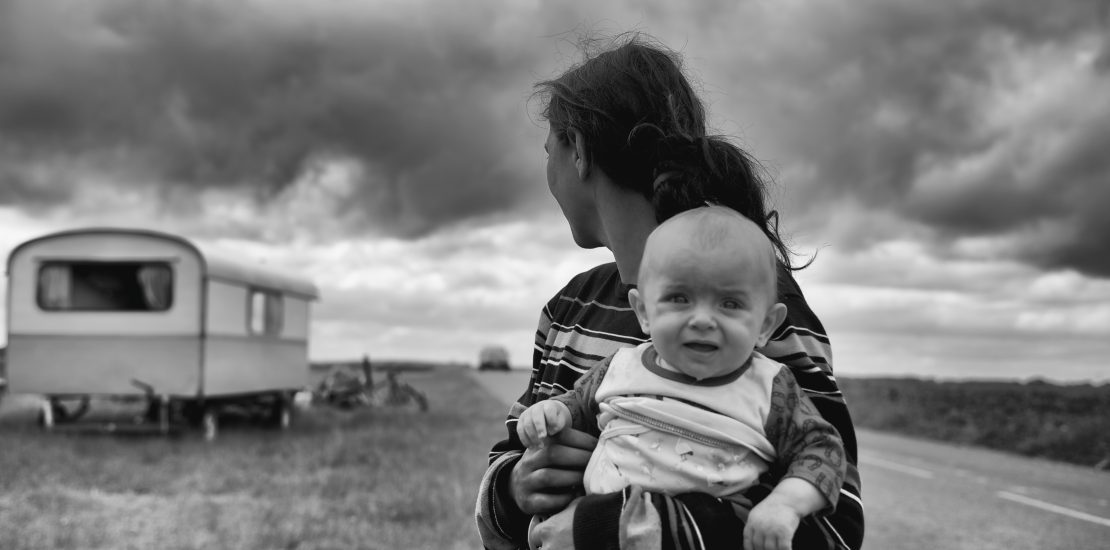Overlooked and Excluded Energy Consumers
GTRNCs are consumer groups that have been historically overlooked, under-served by policy, and under-researched. Yet, evidence tells us that these different communities, while not homogenous, have shared poor experiences as energy consumers, experience manifold vulnerabilities, and are at heightened risk of harm.
This is especially in relation to keeping warm, well, and safe at home.
Our research found that:
- Almost half (43%) of surveyed GTRNCs have not received any government support through the energy crisis.
- Four out of five (80%) households were turning the heating off to save money, with more than half (51%) doing this ‘all of the time’ or ‘some of the time’.
- For more than 70% of GTRNC households, energy/fuel is unaffordable, with 42% able to ‘just about manage’, 23% finding costs ‘quite difficult’ and 9% finding costs ‘very difficult’.
- More than half (61%) reported borrowing money to pay for energy/fuel in the last 12 months, with nearly a third (29%) reporting that they have needed to do this a lot.
- Households said they were being frequently and unfairly excluded or made to meet requirements with additional steps compared to other households, such as those living in bricks and mortar and/or not belonging to a group that identifies as GTRNC.
Strengthening Energy Advice and Support
Working with Friends, Families and Travellers and supported by the Which? Fund, this 18-month project aimed to explore the lived experience of GTRNCs living in or at risk of fuel poverty through the height of the energy crisis in 2022/2023.
As well as valuable insights from householders through surveys, interviews, diaries, and workshops, the project has drawn on the professional experiences of services and organisations that provide energy advice and support to these and other marginalised communities.
The project worked with the communities and the services and organisations that advocate on behalf of them, to develop a set of resources including (see links below) a co-produced Community Guide on providing effective energy advice and support, a series of case studies, and a Community Briefing document.
Key barriers to accessing and providing effective energy advice and support were explored and five ways in which energy advice and support for GTRNCs can be strengthened have been identified. These include:
- Improving cultural sensitivity and awareness
- Improving communication
- Improving the delivery of support
- Improving partnership working
- Improving policy
National Energy Action have set out a number of recommendations for changes that are needed to make energy advice and support more effective for GTRNCs. A full list of the recommendations can be found in the resources below, but action is needed to:
- Improve the design and delivery of services – for example, through training, awareness raising, etc.
- Improve communication with households and protections for when things go wrong – for example, by improving the experiences of customer contact centres, call logs, caseworkers, etc.
- Improve visibility and inclusivity – for example, by working with the communities better to understand challenges and design services and support.
- Reduce fuel poverty risk and access to advice and support – for example, through specialist advice provision, reviews of what energy efficiency and retrofit schemes exist for the different communities, and financial and debt support.


